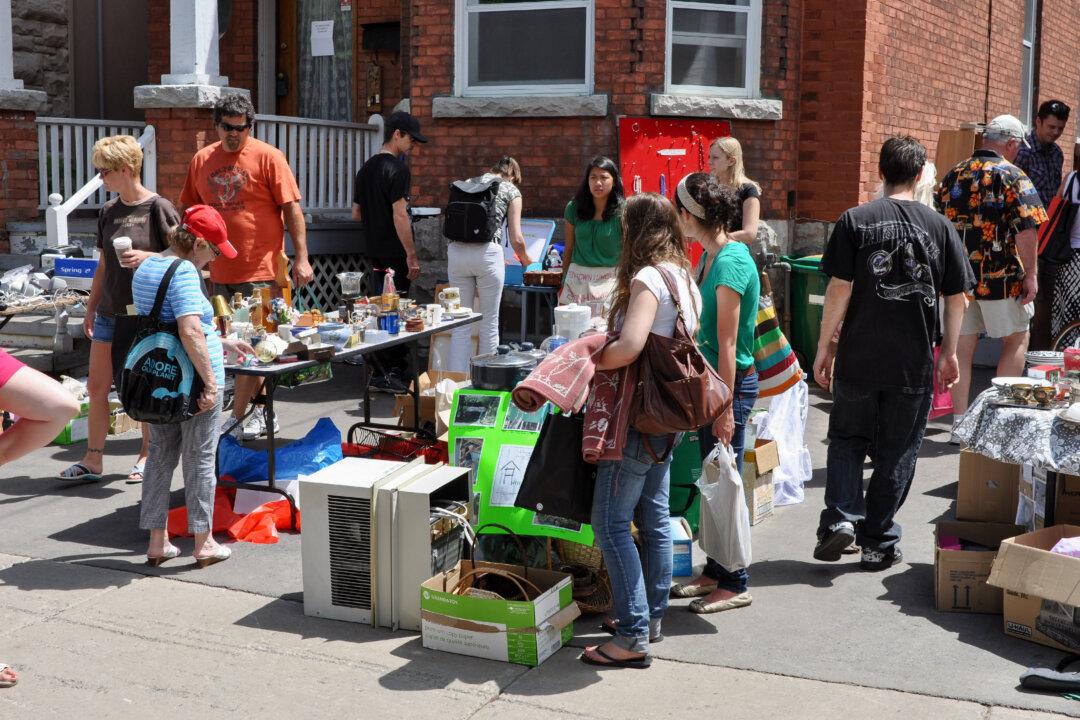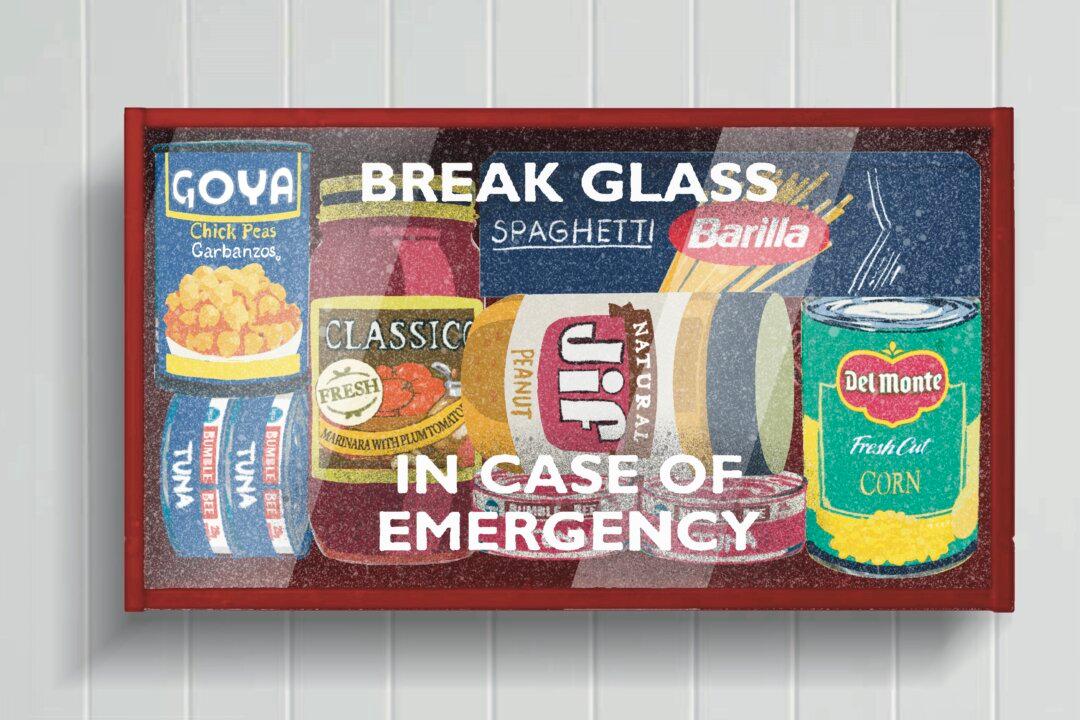Honeybees and their hives are one of the latest trends in home decor, and beekeeping has become a trendy new hobby. Places such as Sam’s Club and Tractor Supply sell all-in-one beekeeping kits. Just add bees!
These starter kits promise “Easy and fun!” and “Make your own naturally pure honey.” I wish it were that easy. As beekeepers in our fifth year, we can promise you that beekeeping is anything but easy. Fun? Yes, it absolutely can be fun, and yes, we, or rather, our bees, make naturally pure honey, but this isn’t a hobby for everyone.





